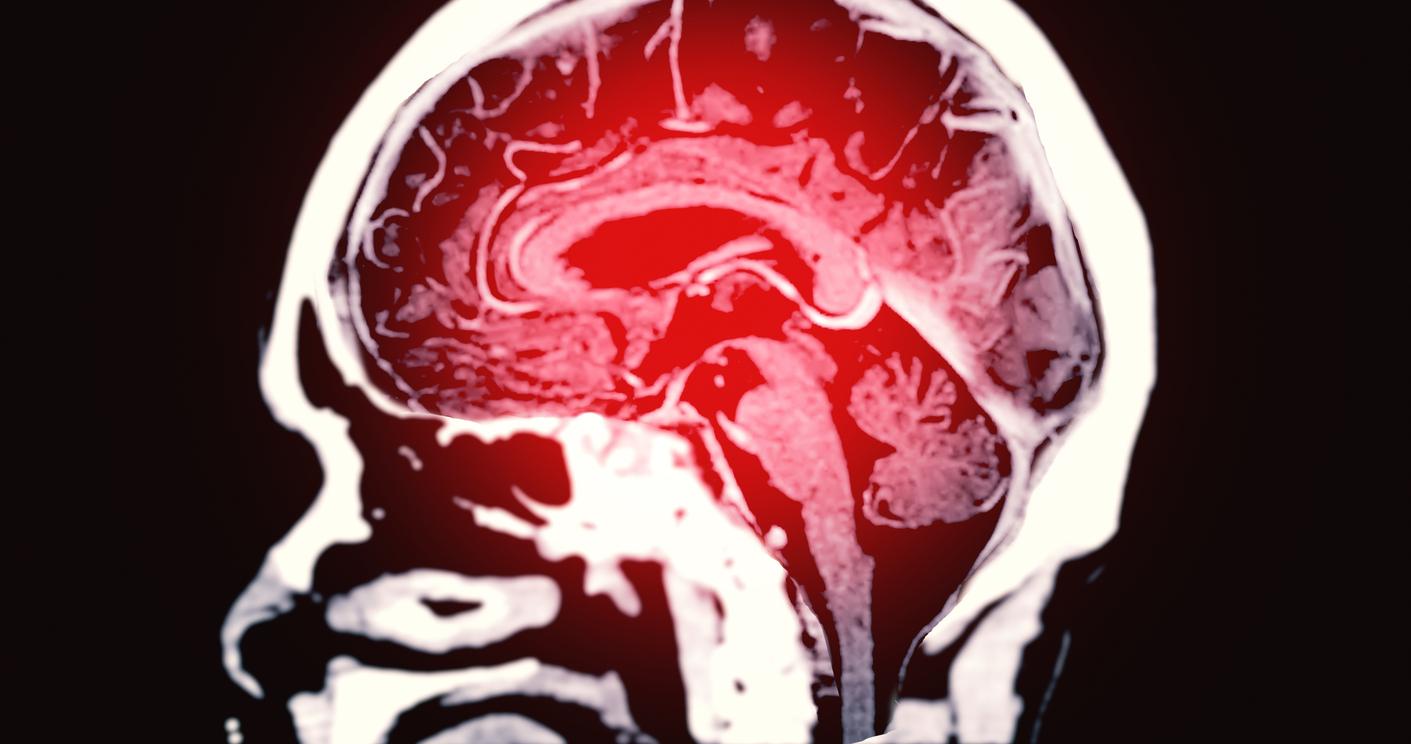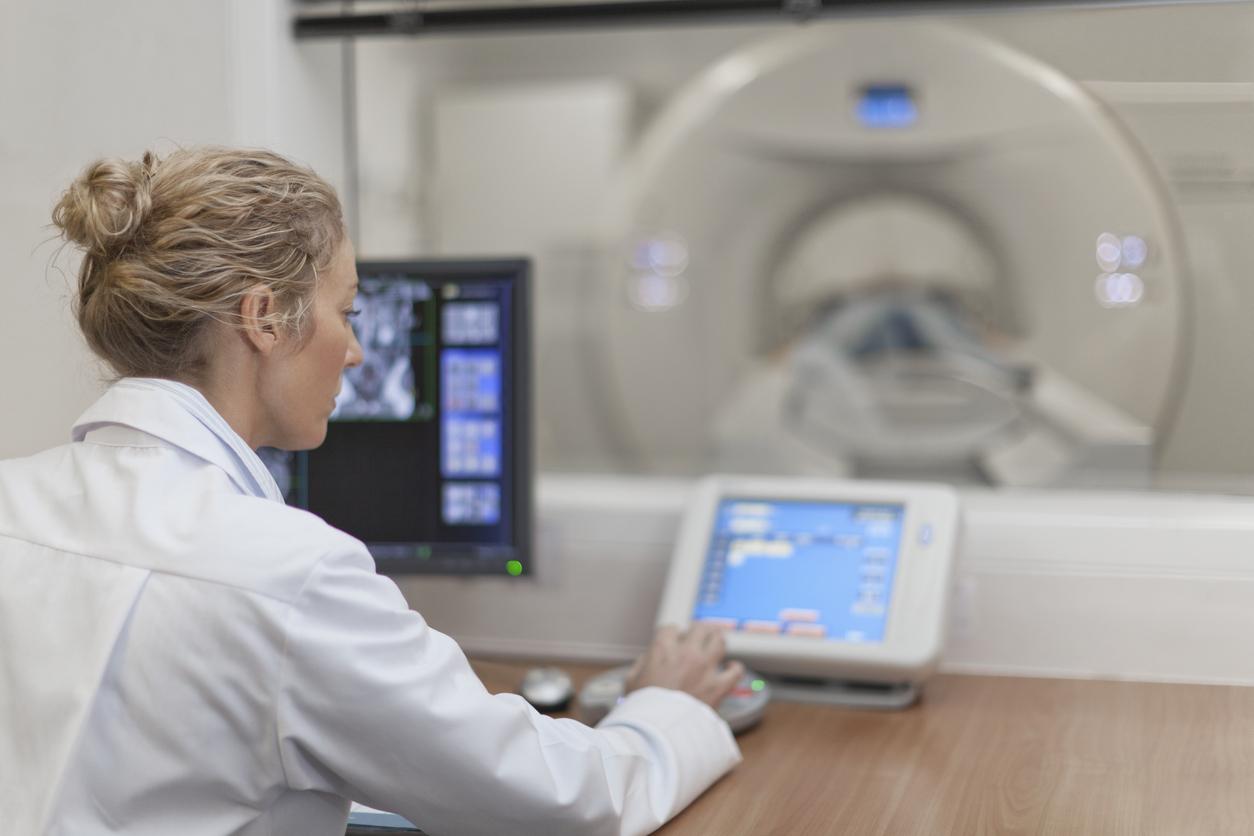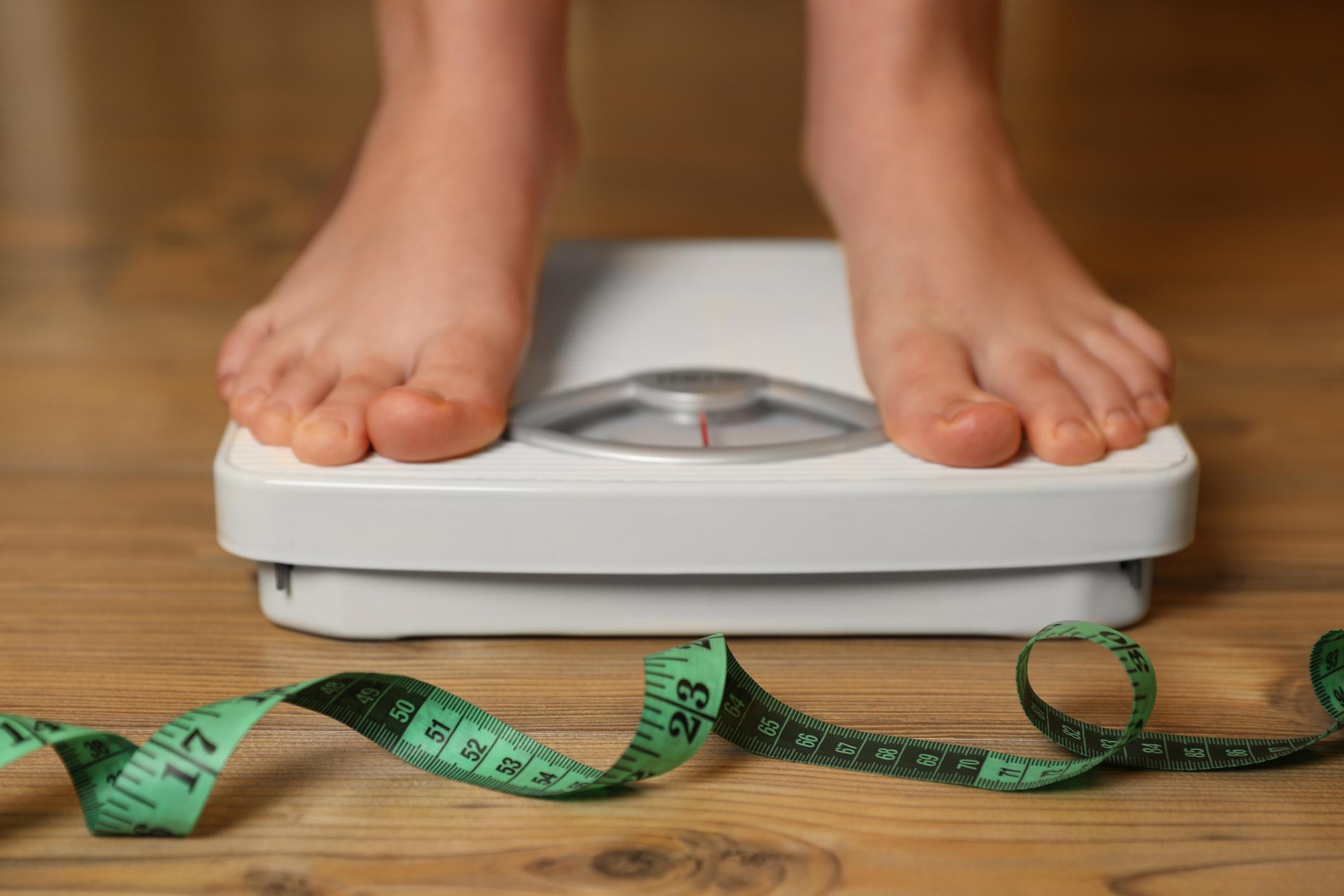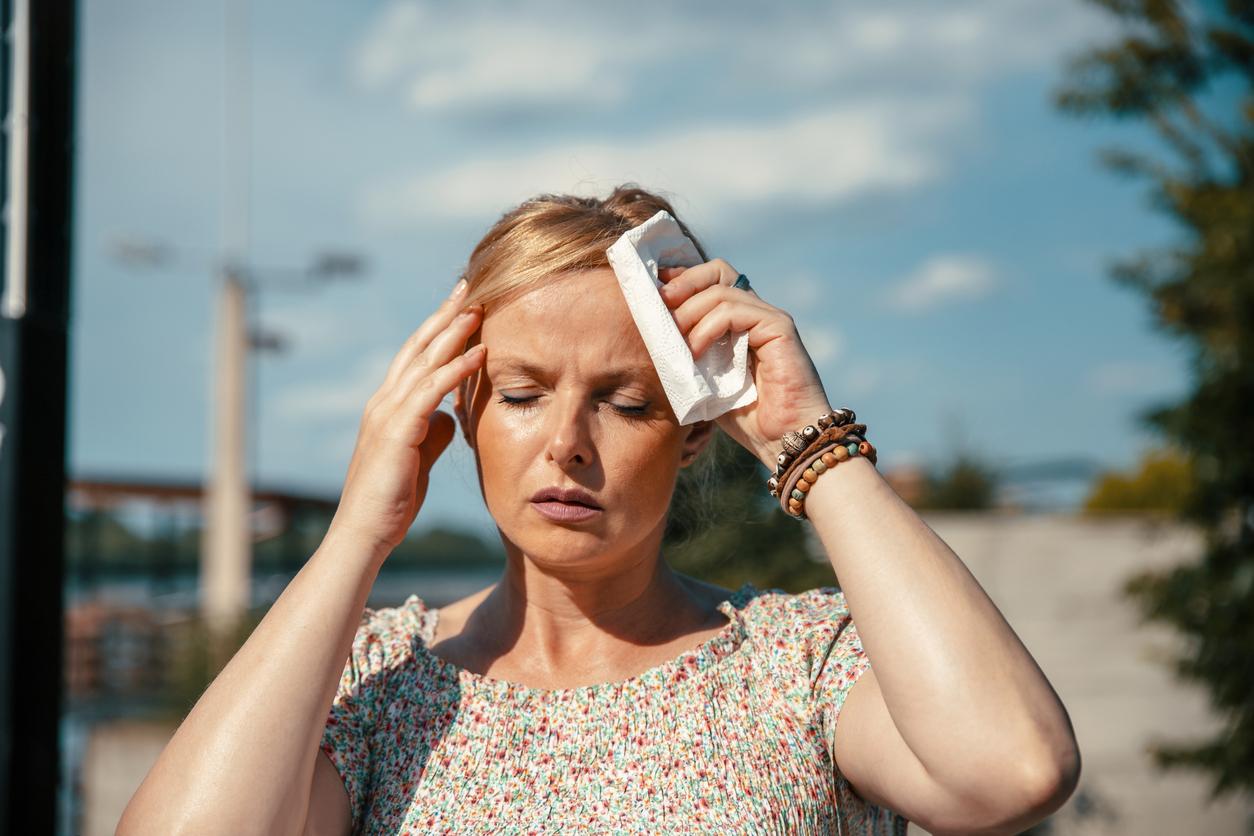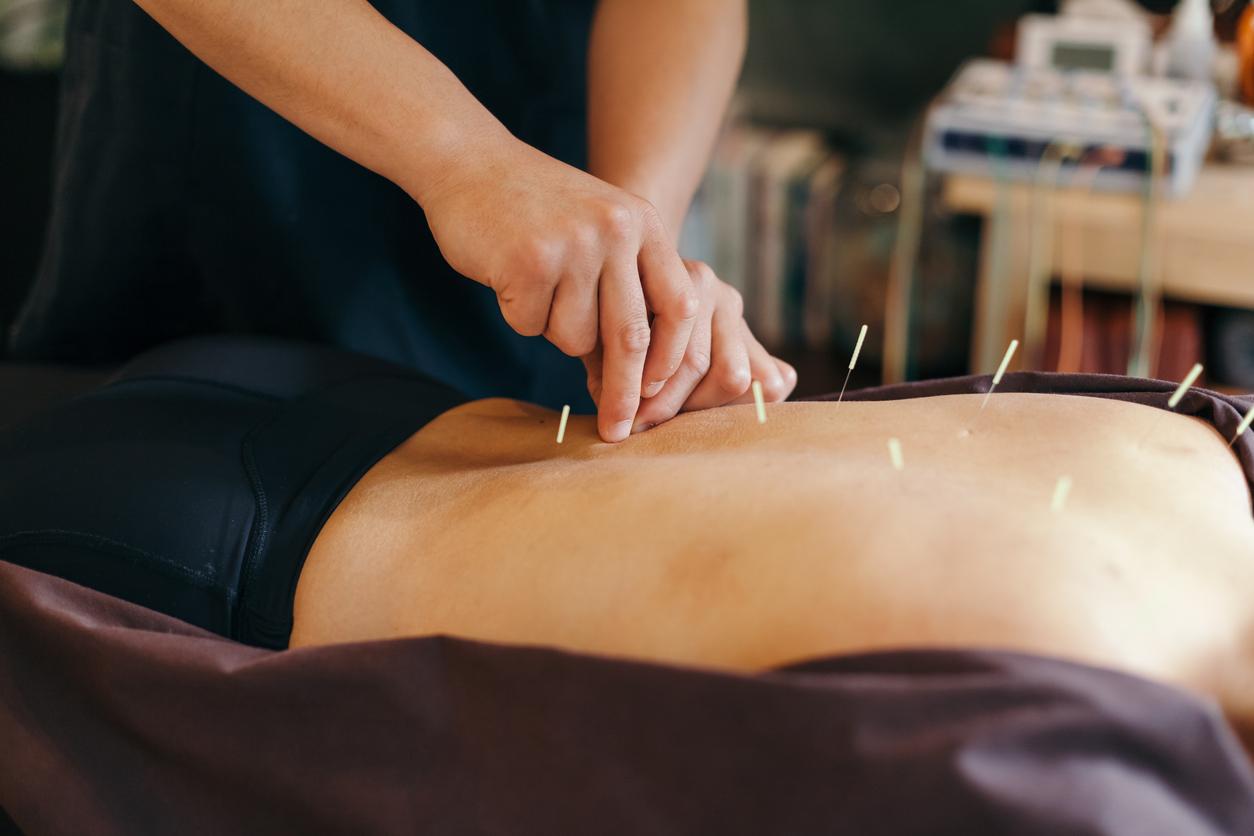Patients receiving acupuncture care show significant improvements in the symptoms of their motor aphasia following stroke.
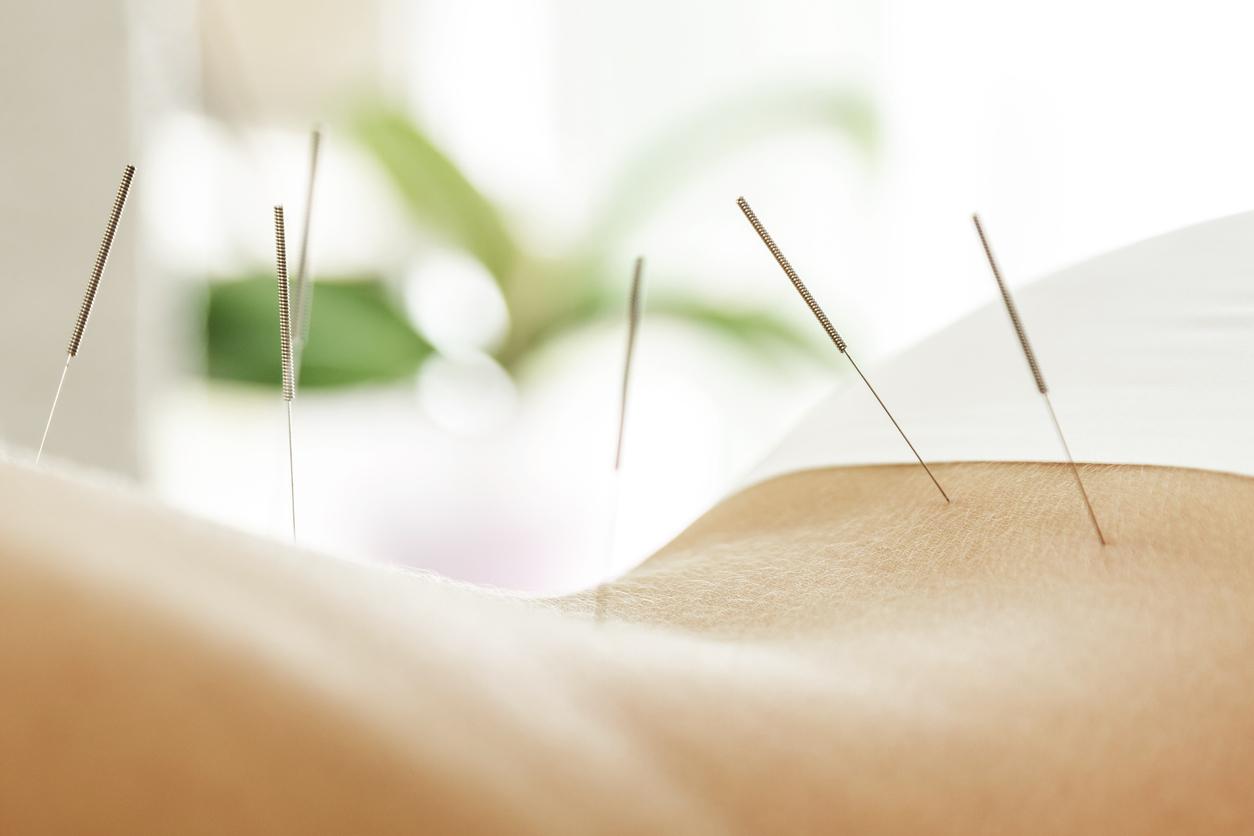
- Motor or Broca’s aphasia, named after the doctor who diagnosed it, is a language and communication disorder that occurs after a trauma affecting the brain, such as a stroke.
- A new study highlights the promising results of acupuncture, which involves introducing very fine needles to precise points in tissues or organs, to improve language functions in patients.
- “Our results confirm that post-stroke motor aphasia is the dominant condition affected by acupuncture treatment, indicating that acupuncture could serve as an adjunctive treatment for patients with aphasia,” the authors write. .
Motor or Broca’s aphasia, named after the doctor who diagnosed it, is a language and communication disorder that occurs after a trauma affecting the brain, such as a stroke. Concretely, a person suffering from aphasia encounters difficulties in speaking, understanding, reading, writing and counting but their thinking is not altered. It is estimated that this disorder affects around 300,000 people in France.
A new study highlights the promising results of acupuncture, which involves introducing very fine needles to precise points in tissues or organs, to improve language functions in patients suffering from post-stroke motor aphasia.
The Effects of Acupuncture on Patients With Post-Stroke Motor Aphasia
As part of their work, published in the journal JAMA Network Open, researchers from the University of Traditional Chinese Medicine in Tianjin, China, relied on data from 252 Chinese patients aged 45 to 75 years old and suffering from Broca’s aphasia following a stroke. These were randomly distributed into two groups: the first subjected to 30 sessions of manual acupuncture over six weeks, the second to fictitious sessions, combined with conventional medications and language training. The objective is to observe the effects of acupuncture on language function, neurological functions and quality of life in participants, followed for up to six months.
As a result, the researchers found that the participants who benefited from acupuncture treatment showed, at the sixth week, “significant increases in their aphasia quotient” (+ 8 points) calculated via the Western Aphasia Battery (WAB) and “of their scores” (+23.5 points) on the Chinese Functional Communication Profile (CFCP). The WAB and CFCP are diagnostic tools used to assess linguistic and key non-linguistic abilities in adults with aphasia. “These improvements persisted during the six months of follow-up, peaking at +10.34 and +27.43 points respectively”we can read in a press release.
Acupuncture as an adjunctive treatment for post-stroke motor aphasia
“This study confirms that post-stroke motor aphasia is the dominant condition affected by acupuncture treatment, indicating that acupuncture could serve as an adjunct treatment for patients with post-stroke motor aphasia , conclude the authors. Furthermore, our clinical results provide evidence to caregivers and patients that it is possible to manage post-stroke aphasia with acupuncture care.”














